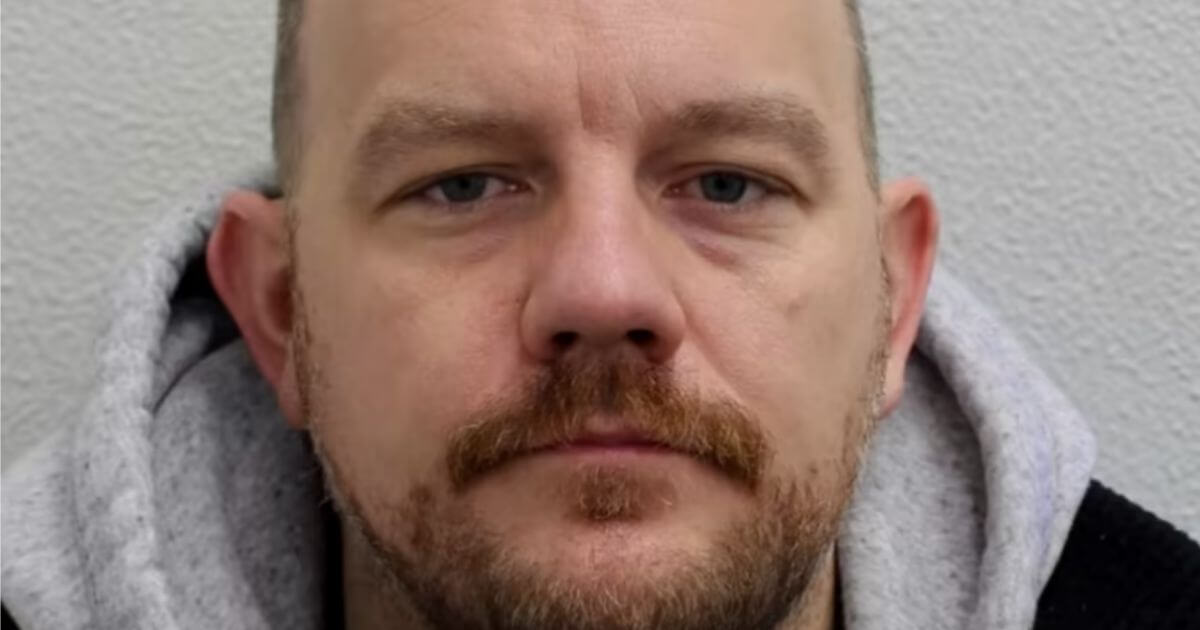A senior civil servant has been jailed for more than three and a half years after spiking a woman’s drink with an abortion drug after she became pregnant with his baby.
Darren Burke, 43, former deputy director for the emergency services mobile communications programme at the Home Office, was found guilty of attempting to administer the drug to induce an abortion.
After his mistress, Laura Slade, discovered that she was pregnant in November 2020 and refused to have an abortion, Burke had crushed an abortion pill into her orange juice. Due to her suspicions, she refused the drink but discovered a white powder that was later confirmed to be mifepristone. Miss Slade later lost the baby, although this was not connected to the attempted poisoning.
The judge said that Burke’s attempts to conceal his crime by destroying his internet history over the period of time in which he bought the pills and his attempt to dispose of the drugged juice when Mis Slade refused to drink it were aggravating factors in the case.
Burke was sentenced to 45 months in prison by the court.
Coercion and abuse
‘DIY’ home abortions were first introduced in Britain in March 2020 as part of the Government’s response to COVID-19. While the measure had been temporary at first, they have since been made a permanent feature of the law.
‘DIY’ abortions, where abortion is entirely removed from a clinical setting, have been criticised for their facilitation of coercion and abuse, as the Burke case demonstrates.
During the ‘DIY’ abortion debate in England, Dr Calum Miller, NHS doctor and research associate at the University of Oxford specialising in abortion policy, urged the Government to “prioritise women’s safety above the interests of abortion providers by shutting the lid on it once and for all”.
Dr Miller argued that since the introduction of ‘DIY’ abortions “the evidence has only piled up more and more against it”.
He said that face-to-face consultations are a “critical safeguard against coerced abortion, life-threatening ruptured ectopic pregnancies and a litany of other possible risks”.
Dr Miller noted that “abusers might be listening in on [telemedicine phone consultation] conversations” (New England Journal of Medicine); “Consultations, when possible, are offered online, which may introduce further barriers to accessing support” (UN Office of Drugs and Crime); and some women’s “living arrangements may not permit the privacy and confidentiality appropriate for patient care” (Journal of the American Medical Association).
The health service in Ireland has admitted that removing abortion from a clinical setting has made instances of coercion and abuse harder to identify.
Right To Life UK spokesperson, Catherine Robinson, said: “As shocking as this case is, it is an entirely predictable outcome of the legalisation of ‘DIY’ abortions. As the health service in Ireland has admitted, it is extremely difficult to know whether the person taking the abortion pill is doing so of their own free will. Miss Slade is fortunate to have discovered the poison, but how many women have ingested abortion-inducing drugs without their knowledge or consent remains an open question”.












